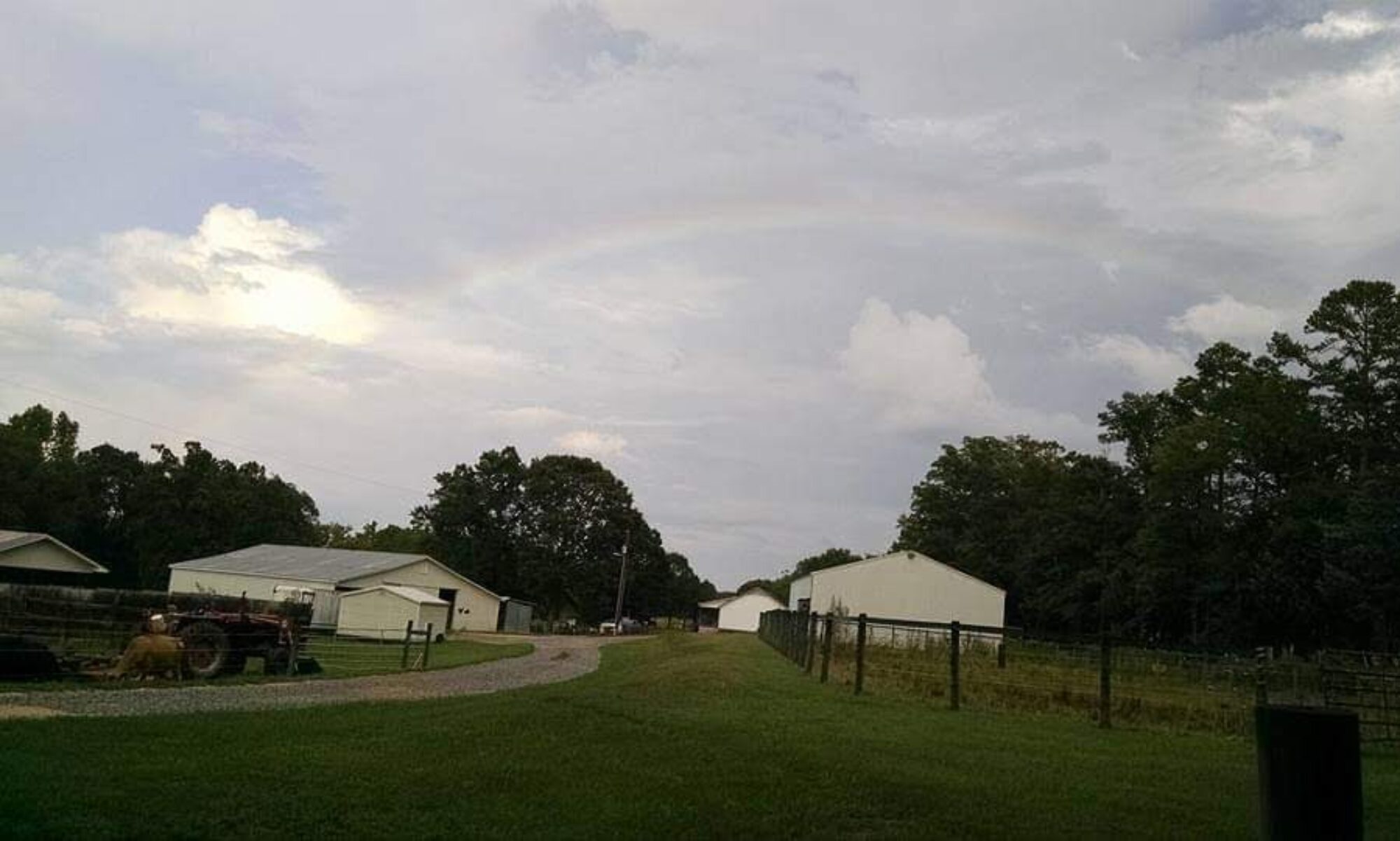
In our area of the Country we have seen an abundance of rainy weather increasing the risk of mosquitos being a huge problem. Hot weather can bring on an increase risk of infectious diseases that involve mosquito transmission. Important diseases in this area that are transmitted by mosquitos are West Nile Virus and Eastern / Western Encephalomyelitis.
Symptoms of Eastern Equine Encephalomyelitis: Since the virus spreads through the central nervous system symptoms include: severe depression, blindness, staggering and seizures accompanied by high fever. Most infected horses die within a few days.
Symptoms of Western Equine Encephalomyelitis: Depression, anorexia, high fever, paralysis, incoordination and lying down unable to stand.
Symptoms of West Nile Virus: The effects of West Nile virus can be mild to fatal. Some horses may not show any symptoms at all. Symptoms can include: fever, stumbling, falling, weakness, drooping lips, abnormal response to touch or sound, severe cases include brain swelling that leads to death.
All of the above viruses can be prevented through yearly vaccinations. Make sure you are staying current on vaccines. Contact Dr. Thames to get on the schedule to get your horses, ponies and donkeys vaccinated. Foals should begin their vaccinations at 3 months of age here in the Southeast due to early mosquito presence.














